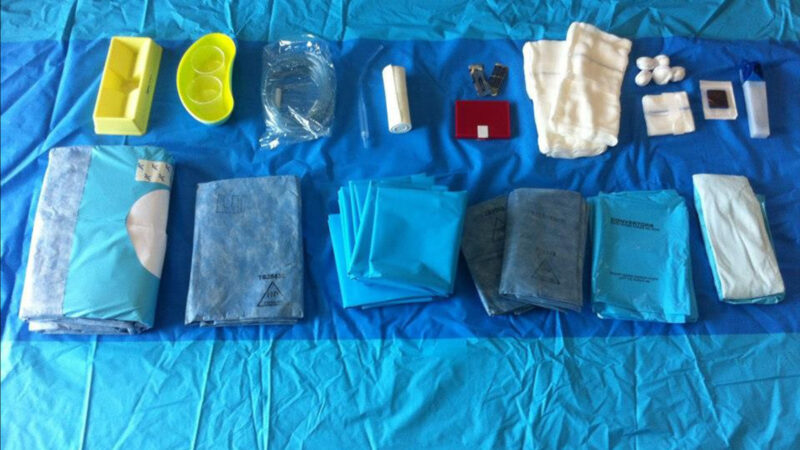IMPROVED ACCESS TO TECHNOLOGY NEEDED FOR PEOPLE WITH TYPE 2 DIABETES NEEDING INSULIN National Diabetes Services Scheme (NDSS) disparity in subsidised access to CGM systems
Australian Health Journal segment
Filmed in Canberra | March 2025
With
Susan Davidson, CEO
Australian Diabetes Educators Association
Sahar Awais,
NSW Registered Nurse
Susan Davidson is the CEO of the Australian Diabetes Educators Association (ADEA), the leading body for diabetes education in Australia. ADEA plays a crucial role in accrediting credentialed diabetes educators and providing essential training for all health professionals, as roughly 25% of individuals seeking healthcare are affected by diabetes.
In Australia, around 1.5 million people are diagnosed with diabetes, with an additional estimated 500,000 undiagnosed cases of Type 2 diabetes. Among those diagnosed, approximately 140,000 have Type 1 diabetes, while 1.3 million live with Type 2 diabetes, and about 65% of these individuals use insulin. The increasing prevalence of diabetes highlights the need for consistent education among healthcare providers to aid patients in managing their conditions effectively.
To address the evolving nature of diabetes management and technology, ADEA has recently introduced micro-credentials for healthcare professionals, enhancing their understanding of diabetes care. Consistent messaging from various healthcare providers is vital, as conflicting information can lead to patient confusion and disengagement from care.
The National Diabetes Services Scheme (NDSS) provides subsidised products for diabetes management; however, disparities exist in access to technology between those with Type 1 and Type 2 diabetes. While continuous glucose monitoring (CGM) devices are subsidised for Type 1, they are not available for Type 2 diabetes. ADEA advocates for equitable access to these essential tools, emphasising that all individuals with diabetes deserve the resources necessary for optimal management and reduced risk of complications. Without such technologies, many are forced to rely on finger pricking, which can be inconvenient and unsafe in settings such as the workplace and in higher education.
Source: Rewritten from transcript
You Might also like
-
Nurse recognised for reducing hospital waste
A nurse who started a charity from a granny flat in her parent’s backyard to reduce hospital waste has taken out one of the Australian nursing profession’s most prestigious honours.
-
HIGHLIGHTS Consumers and communities as agents of health care change and improvement
Policymakers, health administrators and clinicians must learn and embrace new ways to harness the transformative role consumers, community members and carers can play. Conversely, consumers and communities need support, capability and capacity to engage as equals in policy, research, program and service design. This is necessary if are to be less technocratic and realise the vision where all members of society can live the best life possible.
-
Sovereign capability uplifted
Skilled labour, in particular skilled in the manufacture of MTP products, namely competency in Good Manufacturing Practice (GMP), was identified as one of the key priorities, according to Jarrod Belcher, Director of the REDI Program at MTPConnect. Through a competitive process, MTPConnect selected additional industry training providers to deliver new programs addressing key skills gaps in the sector workforce.
Launched in September 2022, one of these programs is GMP Uplift developed by the Centre for Biopharmaceutical Excellence (CBE). CBE bring experience across large and small Biologics, Pharmaceuticals and Regenerative Medicine companies, both in consulting and GMP related enterprise training. CBE staff also have extensive experience in GMP operations, compliance, auditing and QMS design, a wide industry network for guest lecturers and readily available case studies.



